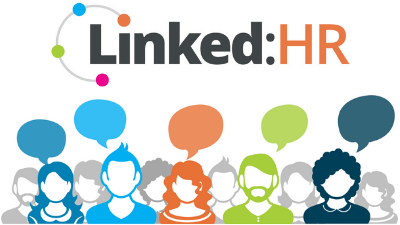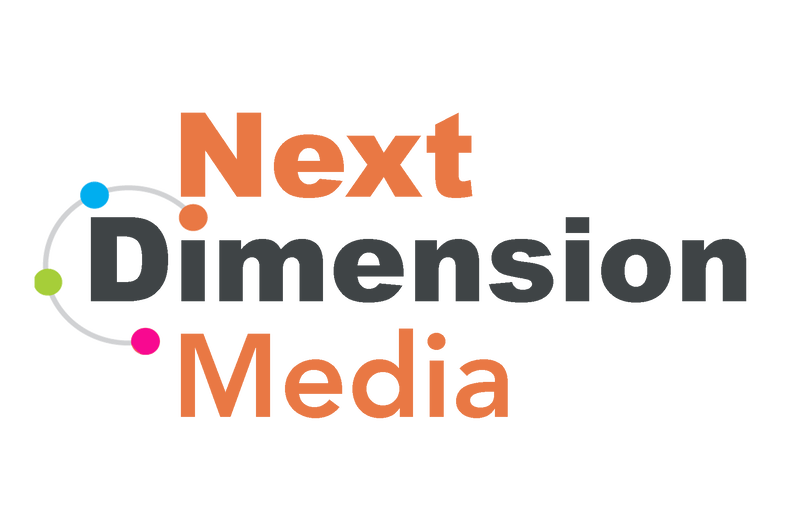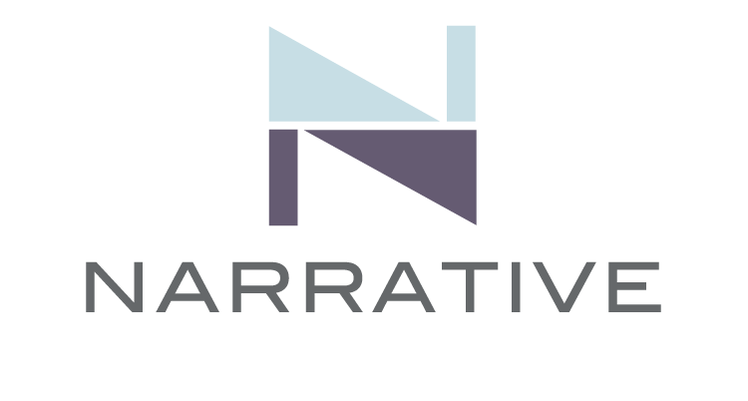|
When I first started conducting research on employee engagement I had a conversation with my mother about engagement and rewards. I told mom that my own engagement did not depend on the opinions of others – it depended, instead, on my how committed I was to my mission, how passionate I felt about what I did. In other words: Engagement is about me and about what I was born to do for a living.
Mom then reminded me of an old and favorite poem called “The Man in the Glass.” She found it for me on the Internet. The first part of the poem goes like this: When you get what you want in your struggle for self And the world makes you king for a day, Just go to the mirror and look at yourself And see what that man has to say. For it isn’t your father or mother or wife Whose judgment upon you must pass. The fellow whose verdict counts most in you life Is the one staring back from the glass. My mother is right. The Man in the Glass has everything to do with engagement. Those who are engaged do not excel in their work because of external rewards – bonuses, gift cards, or “employee of the month” certificates. They do not go above and beyond because someone out there will give them a medal. Instead, they do it because of their own sense of purpose. Don’t get me wrong – recognition is likely to help. Recognition gives us a sense of being valued and valuable. Recognition calms fear and uncertainty. Recognition tells us there is someone who cares that we worked so hard or for so long. In order to improve engagement, however, recognition has to mean care. It has to involve true appreciation. Otherwise it’s not recognition – it’s just compensation. Even the best kind of recognition, however, will not be as strong or as powerful as our own recognition. That person in the glass does more for our engagement than anyone else. And perhaps… that is the message we need to send our colleagues. Stop expecting others to engage you. Stop waiting for others to cheer you up. Instead, start focusing on that person in the glass.
0 Comments
Years ago, a Linked:HR member, Dr. Gordon Curphy, asked an interesting question: Are there personality traits that allow us to find "team killers" - people who destroy the morale of a team? Dr. Curphy's question got me thinking: Are there traits on the Big Five that would allow us to predict organizational gremlins? I'm talking about people whose general behaviors would make most people uncomfortable - perhaps people who are abrasive, rude, arrogant and yes, unethical. Yikes. Have you ever worked with someone like that?
As I attempted to answer his question, however, I hesitated. I could see all sorts of problems in trying to "identify" a nightmare simply using "Big Five" personality traits. Here are just a few: Nightmares are Relative Nightmarish tendencies could lie in the eye of the beholder! I could call "arrogant" someone whom others see as "charismatic." A "rude" person could simply be more direct than I am or disagree with me on a variety of key areas. How about unethical? That's tougher but still possibly relative - I could judge as "unethical" behaviors that others would find perfectly reasonable. More importantly, I might be more likely to judge as "unethical" something that might damage my interests. In other words: Possibly, differences between my personality and the personality of the nightmare in question govern my own perceptions. Nightmares have Mirrors Maybe I'm the nightmare... or at least part of it! For instance, if two people are equally low in agreeableness (challengers, people more likely to stick to their goals) and equally high in neuroticism (in other words, both are rather nervous), they will probably disagree vehemently. Who is the nightmare then? Both of them? Nightmares bring Gifts A "nightmare" could actually bring something good to the table. For instance, a tad of arrogance could work well if it translates to the outside world as rightful pride in the organization. The same person who is perceived as "abrasive" to the team could sell this same team beautifully to outside clients. Unless the situation is extreme (or perhaps even pathological) a combination of personality traits is unlikely to be all bad under all circumstances. Nightmares are Complex Finally, a "nightmare recipe" may require more than traits. Instead, nightmares may require an explosive combination of traits, values, and motivations. Case in point: Consider someone who is ultra high in neuroticism (i.e., reactive, nervous, and prone to anger), ultra low in agreeableness (a challenging "limelight seeker"), ultra low in trust and tact, somewhat dry and unfriendly, and ultra high in need to "take charge" and in perfectionism. Before you say "ouch," however, consider the possibility that this same person is exquisitely self-aware, having participated in countless coaching sessions and in 360 exercises. As a result, this person may have learned to compensate for his/her tougher tendencies. Further, this person's goals and values could serve as powerful motivators to control his/her behaviors. After all, the relationship between traits and behavior is not that perfect - two people with similar trait tendencies may still behave differently (for a better review of "additional layers" impacting behaviors, the reader is directed to the fabulous work of Dr. Dan McAdams). In summary - diagnosing nightmares is far from simple. Even if everyone in the team agreed that person X is a nightmare he/she could still have important redeeming values - or, alternatively, something in the system could be exacerbating someone's natural tendencies. Perhaps, therefore, our thinking on this topic might go beyond "how to diagnose a nightmare." We could also figure out how to diagnose nightmarish conditions (does the system bring the "worst" in everyone?) and relationships (how incompatible is this particular team?). We might also learn how to best communicate about nightmares. How can a team member approach a colleague and say "Houston, we have a problem, now let's talk"? What do you think? Ok, it sounds simple. Learn how to plan. Focus on efficiency. Follow through on your actions. Develop the habit to specify the steps of your projects and anticipate your future needs. Enhance your own objectivity. Who wouldn’t want to learn to be thorough, efficient, and effective? Who wouldn’t like to use time more efficiently or learn to manage his or her priorities perfectly?
There’s just a little glitch... those competencies, while admirable and useful, will drain the life blood of some of us. Simply put – some of us are not wired that way. Some of us crave the very flexibility and spontaneity that make careful planning (and follow through with the planning!) a real challenge. I’m talking about personality. Personality can be defined as a set of observable and fairly consistent behaviors. Personality changes little after about age 30, and impacts our “energy” for developing competencies. For instance, if your personality is flexible and spontaneous you probably have low energy for planning, organizing, and following through on your plans. That doesn’t mean you can’t learn to plan your days or organize yourself better – but it does mean that it won’t be easy. You’ll need to want it really badly, and you’ll probably need some coaching. Personality researchers such as Bob McCrae and Paul Costa from the National Institute of Aging in Baltimore have agreed on five “clusters” that encompass most personality traits. This “set of clusters” is called the “Five Factor Model” (FFM). The five clusters are:
Of these, the set of personality traits that most impact our ability to plan and follow through on our plans is Conscientiousness. Some of us have “single processor minds” that go straight towards a pre-established goal. People whose Conscientiousness is high are typically efficient, disciplined, and focused. So – why can’t you just hire people like that? That would solve the problem, wouldn’t it? Yes, it would... but then you’ll have a work environment devoid of flexibility, spontaneity, and spur of the moment changes of direction. Can you imagine a step-by-step Improv? Or a carefully planned conflict facilitation? How about a customer service representative willing to switch gears at a moment's notice to help a client? Oops. Learning organizations require the presence of a multiplicity of personalities, including the flexible and spontaneous free spirits, the organized and disciplined planners, and everyone else in between. It is vital, however, that we all "learn to speak" the personality language. After all, not all personalities learn the same way, have the energy for the same things, or even hope to succeed in the same competencies. HR Leaders are in the people business. It is virtually impossible to do what we do and not understand people. If you really want to understand people, start learning about personalities.... and never mind whether you plan your learning step-by-step or just swing it! Dr. Cris Wildermuth is passionate about personality in the workpalce, and recently co-wrote with Caryn Lee, a brief e-learning introduction to Personality at Work worth 1 (one) SHRM credit. For additional information, visit THIS PAGE. Simple is good. At least that's the message we get from countless KISS (keep it simple, stupid!) recommendations we receive over our lifetimes. Complexity is time-consuming, ergo bad. Give me an A+B=C solution and I'll praise your knowledge and efficiency. I suppose. Except that when it comes to ethics things are far from simple. First, take a look at psychologist James Rest's* "Four Component Model." All four components are necessary if one is to behave morally.
It's possible to get stuck in one of the components. First, we may be blind to the ethical dimensions of a situation (moral sensitivity). We may believe, for instance, that the issue is "just a business one" or is too simple to be considered "moral." Second, we may recognize the morality of the situation but not have the ethical tools to identify the "right answer" (moral judgment). Third, we may know what the "right answer" is but may be unwilling to follow it (moral motivation). Finally, we may be willing to do the right thing but be unable to do so at the last minute (moral behavior). The next question, therefore, is: What makes us more or less able to go through the four components of morality? Now we turn to the work of Thomas Jones**. Dr. Jones suggested that all four of Rest's components are related to the moral intensity of a situation. In order to estimate the intensity of a situation, we must consider:
According to Jones, we are not likely to pay attention to situations of low moral intensity. For instance, if an employee believes that something has very low consequences and those consequences are very disperse, he/she is unlikely to activate any thoughts of morality. As an example, a person who would ordinarily never steal (not even from a complete stranger) could make a long distance phone call on the company's dime, take home a block of post-its from the office supply cabinet or simply fail to focus on work tasks while at work. A normally ethical CEO might ignore the likely but very far way (200 years from now?) environmental impact of current organizational policies. Why does this matter? Let me offer a few possible implications of ethical complexity:
So, after reading this, tell me: Is simple really good? I'd love to hear your thoughts: What ethics interventions have you either experienced or implemented in your organization? How have they worked?
Take yourself back to the days in which you were offered your most important jobs. How did you feel? You were likely excited and hopeful, happy to have the opportunity to prove your own worth. You may also have been determined to not repeat any past mistakes or political faux pas.
For most of us, the first day at a new job may include a complex array of emotions - enthusiasm and fear, confidence mixed with a nagging feeling of "oh boy, what did I get myself into?" It is unlikely, however, that you would start a new job disengaged. Engagement - a close connection between who we are and what we do - involves three main components: physical, cognitive, and emotional engagement.
Now, consider the following consequences of the above definitions:
Unfortunately, "stuff happens" at work. Maybe you were given more to do than you could handle. Maybe your energy was drained by lack of resources, excessive demands, and confusing requests. Maybe it felt unsafe to be you at work - you may have faced the pressure to pretend to act or feel like someone else. Finally, maybe you simply discovered that your job did not match your interests or capabilities. My question today is: When did you become disengaged ... and why? Perhaps if we could understand the sources of disengagement, we could:
When did you lose "the light in your eyes"? Can you tell us about it? A disclaimer: You may want to share experiences from days gone by, rather than your current experiences. Remember that anything posted online tends to stay there. I teach Ethics at a graduate leadership program. One of my challenges is to help our leaders understand the impact of lack of fairness. Specifically:
Of course, these discussions are hardly new. One of my favorite philosophers, John Rawls, argues that a fair society results from a "Veil of Ignorance." This "Veil" forces future society members to make blind decisions, without knowing whether they will be rich or poor, intelligent or unintelligent, members of a top or a lower class. They do not even know their personality traits or abilities. Under those "ignorance" conditions:
To help leaders experience inequality, I use a game called "The Kingdom Tycoons." I assign participants to three groups (upper, middle and lower class), provide different resources to each group and then observe the resulting group dynamics. Here is how you can reproduce the game:
Good luck! If you come up with a different version, how about sharing what you did? Also, let me know what happened! Today is my first day in a series of research projects. As always, I struggle getting started: Do I move first to completing the Institutional Ethics Review Board forms (IRBs)? Do I write my goals on a to do list? Do I start with the literature review? My main problem: I have three projects and no clear direction. The sheer amount of work to get these projects completed seems daunting.
Not knowing where to start, I chose something I love to do: Setting up a research Pbworks wiki, where I can upload my literature, tag all articles, organize my to-do list, link my research journal, etc. I guess my main lesson today to procrastinators is just that: Look for something you love. Procrastination is just your brain letting you know you are afraid. The best way to curb it is by doing that which may not make you scared as long as you choose a task related to your end goal. Some may say that's a bad idea. By creating a research wiki I am just postponing the pieces of my puzzle I do not like. My retort. Sure. However, by picking a piece of the puzzle I do like, I am also conquering the worst of all demons: Not getting started at all. Of course, I wouldn't recommend that you start your project by doing something entirely irrelevant. My wiki is a helpful research tool. The page gets me organized, and lack of organization kills any multistep project. My point is that you should get something done, even if that something is not the most important component of your project. Even if it's just something you love. Today is day 1 of a daunting mission - and I will conquer this demon. According to the American Association of University Professors (AAUP) about 70 percent of U.S. professors are not in a "tenure" line. Of these, about 40 percent are adjunct or part-time faculty members. Sure, many may choose to work as adjunct faculty. Those who adjunct by choice are likely to be experienced professionals in other fields, holding full-time jobs elsewhere or leading their own businesses. Not all adjunct faculty, however, do so by choice. Many have not been able to locate academic employment and see themselves falling behind in academic studies (see Glenn, 2016). They have no benefits or job security and often receive low pay.
The problem is not limited to universities. According to the Bureau of Labor Statistics, in 2017, 5.9 million people held temporary jobs in the US in 2017. Sure, this number represents a relatively small percentage of US workers (3.8 percent). Other workers, however, report "alternative work arrangements" including contract work (10.6 million or 6.9 percent), on-call (2.6 million or 1.7 percent), workers employed by temporary help agencies (1.4 million or 0.9 percent) and 933,000 (0.6 percent) workers employed by contractor firms. And, while most contractors choose to work independently (about 80 percent), most workers from the other alternative categories do not. My question, today, is: What are the consequences of non-traditional and contingent work arrangements on the remaining employees and for the organization? I can think of several potential impact areas:
For item three, note the emphasis on the word "could." According to William Kahn, engagement relates to one's feelings of safety. A contingent worker could experience less safety, knowing that he or she could easily be let go. The story, however, is complicated, as contingency workers are quite diverse. The Gallup Organization found that while independent contractors are more engaged than the general population, on-call, temporary, and contractor organization workers are not (only 19% of these workers are engaged). My final point: Both in and outside Academia, having a certain percentage of contingency workers may make sense. In Academia, experienced professionals could bring "real life" and practical examples to the classroom. Outside universities, independent contractors could bring to their client organizations special expertise and outsider perspectives. At the very least, however, the issue deserves thoughtful debate. What have your experiences been with contingent and non-traditional work? Please share! |
Dr. Cris WildermuthDr. Cris Wildermuth is Linked:HR's Community Leader and an Associate Professor at Barry University. You may find out more about Dr. Wildermuth's leadership development, ethics, and intercultural development consulting practice at THIS PAGE. Archives
March 2021
Categories
All
|
Thank you to our Sponsors!
Would you like to support Linked:HR? Consider becoming one of our sponsors! Your logo and services will be displayed in our page. Additional business services are available to our sponsors. Please CLICK HERE for additional information.
|
|

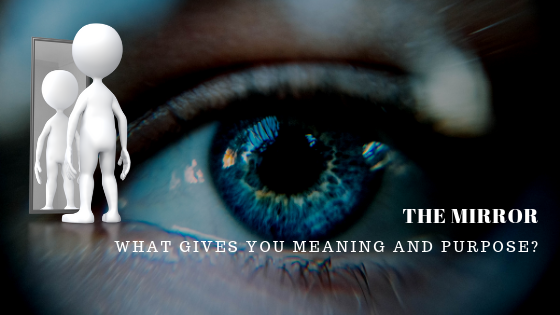

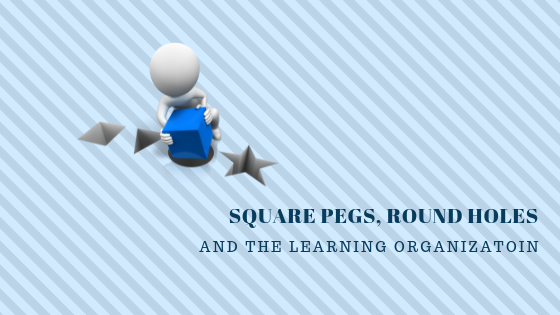
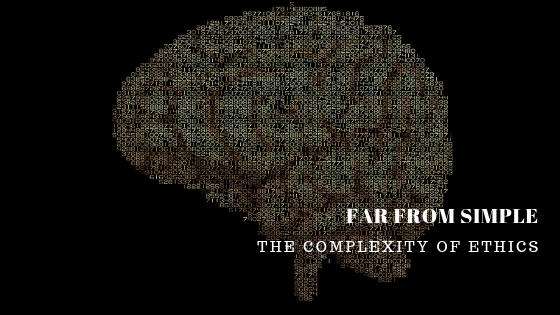
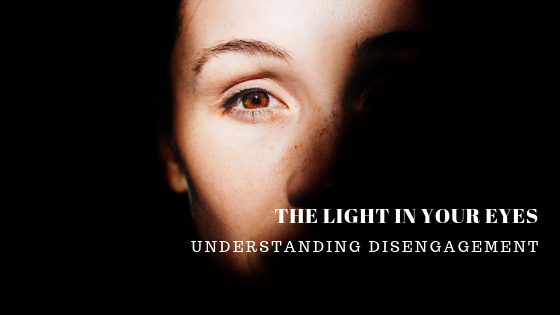


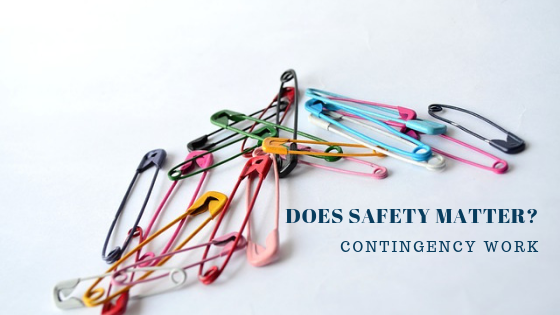
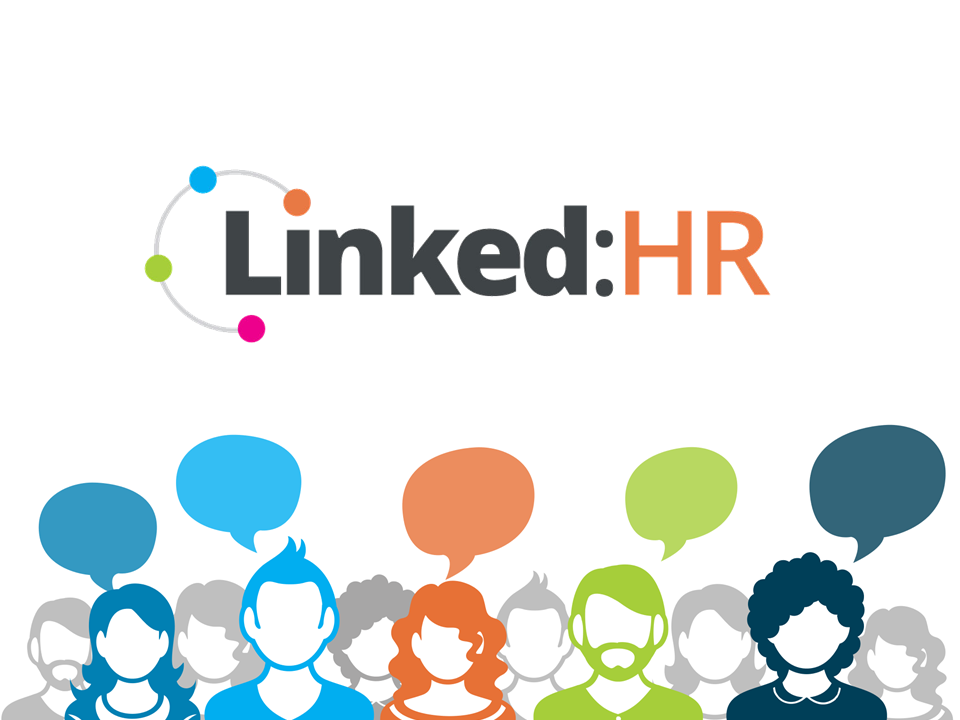
 RSS Feed
RSS Feed
